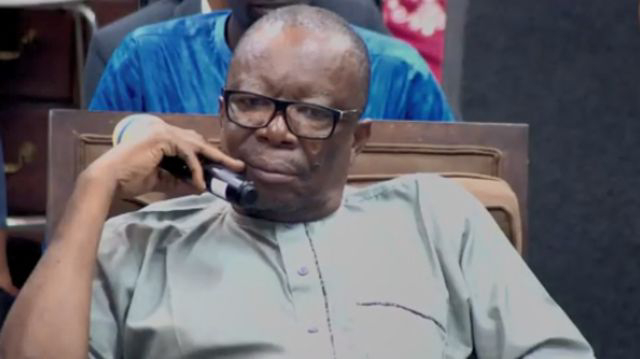The Academic Staff Union of Universities (ASUU) has urged the Federal Government to settle the remaining three and a half months of salaries that were withheld during the administration of former President Muhammadu Buhari.
Salaries were withheld from ASUU members when the government invoked a ‘No Work, No Pay’ policy against the union during an eight-month strike in 2022.
While the government recently disbursed four out of the seven and a half months of withheld salaries in late February 2024, ASUU is demanding the payment of the remaining arrears.
“Government should pay our withheld salaries, we worked for it. The no work no pay is not applicable. We are being owed three and a half months’ salary, the government should pay and we have covered all the work that should be done,” an ASUU representative stated.
ASUU has consistently raised concerns over the government’s failure to fulfill agreements with lecturers. Among the unimplemented demands highlighted by ASUU are the renegotiation of the FGN/ASUU 2009 Agreement, unpaid arrears of Earned Academic Allowance, non-release of revitalization funds, issues concerning Public Universities and the Treasury Single Account, and the proliferation of universities.
Speaking to The PUNCH, ASUU representatives accused the Nigerian government of causing hardship for lecturers and students by disregarding agreements and neglecting the welfare of academics in public universities.
Meanwhile, the ASUU Akure Zone, representing institutions such as the Federal University of Technology, Akure, Ekiti State University, Federal University, Oye Ekiti, and Obafemi Awolowo University, Ile Ife, rejected the proposed N48,000 minimum wage put forward by the Federal Government.
Prof. Adeola Egbetokun, chairman of ASUU in the zone, criticized the government’s insensitivity, stating that the proposed minimum wage was inadequate in light of the country’s economic challenges. He called on President Bola Tinubu to take decisive action to alleviate the suffering of the people, citing widespread economic difficulties exacerbated by neo-liberal policies and recent policy shifts in the country.




